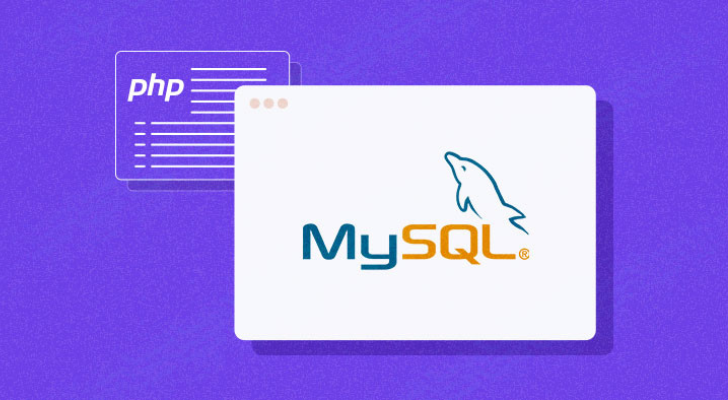PHP MySql

PHP (Hypertext Preprocessor):
-
Server-Side Scripting:
- PHP is a server-side scripting language, meaning it runs on the web server, generating dynamic content before it is sent to the user's browser.
- It allows the creation of dynamic web pages by embedding PHP code within HTML.
-
Versatility:
- PHP is versatile and supports various programming paradigms, including procedural, object-oriented, and functional programming.
- It is widely used for web development but can also be employed for command-line scripting and other applications.
-
Interactivity and Form Handling:
- PHP facilitates the handling of user input through forms on web pages.
- It processes form data, performs validation, and interacts with databases to store or retrieve information.
-
Database Connectivity:
- PHP has extensive support for connecting to databases, making it a key component for building dynamic, data-driven websites.
- Common database connections are established using MySQLi or PDO (PHP Data Objects).
-
Session Management:
- PHP allows the creation and management of sessions to maintain stateful interactions with users across multiple web pages.
- Session variables enable the storage of user-specific information.
-
Server-Side File Handling:
- PHP can handle file uploads, downloads, and manipulation on the server, making it effective for managing file-related operations.
-
Security Features:
- PHP includes built-in security features, such as input validation functions, to help protect against common web vulnerabilities like SQL injection and cross-site scripting (XSS).
MySQL:
-
Relational Database Management System (RDBMS):
- MySQL is a popular open-source RDBMS known for its reliability, scalability, and ease of use.
- It organizes data into tables with predefined relationships, ensuring efficient data storage and retrieval.
-
Data Integrity:
- MySQL enforces data integrity through the use of constraints, such as primary keys, foreign keys, and unique constraints, ensuring the accuracy and consistency of stored data.
-
SQL Support:
- MySQL supports the Structured Query Language (SQL), providing a powerful and standardized interface for managing databases.
- SQL queries are used to retrieve, insert, update, and delete data in MySQL databases.
-
Transaction Management:
- MySQL supports transactions, ensuring the atomicity, consistency, isolation, and durability (ACID properties) of database operations.
-
Scalability and Performance:
- MySQL is designed for scalability, making it suitable for both small-scale applications and large, enterprise-level systems.
- It optimizes query performance through features like indexing and query caching.
-
Security Measures:
- MySQL incorporates security features such as user authentication, access control, and encryption to protect data stored in the database.
-
Community and Support:
- MySQL has a large and active community, providing resources, documentation, and support for users and developers.
- It is continuously updated and improved with contributions from the open-source community.


